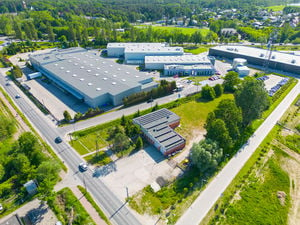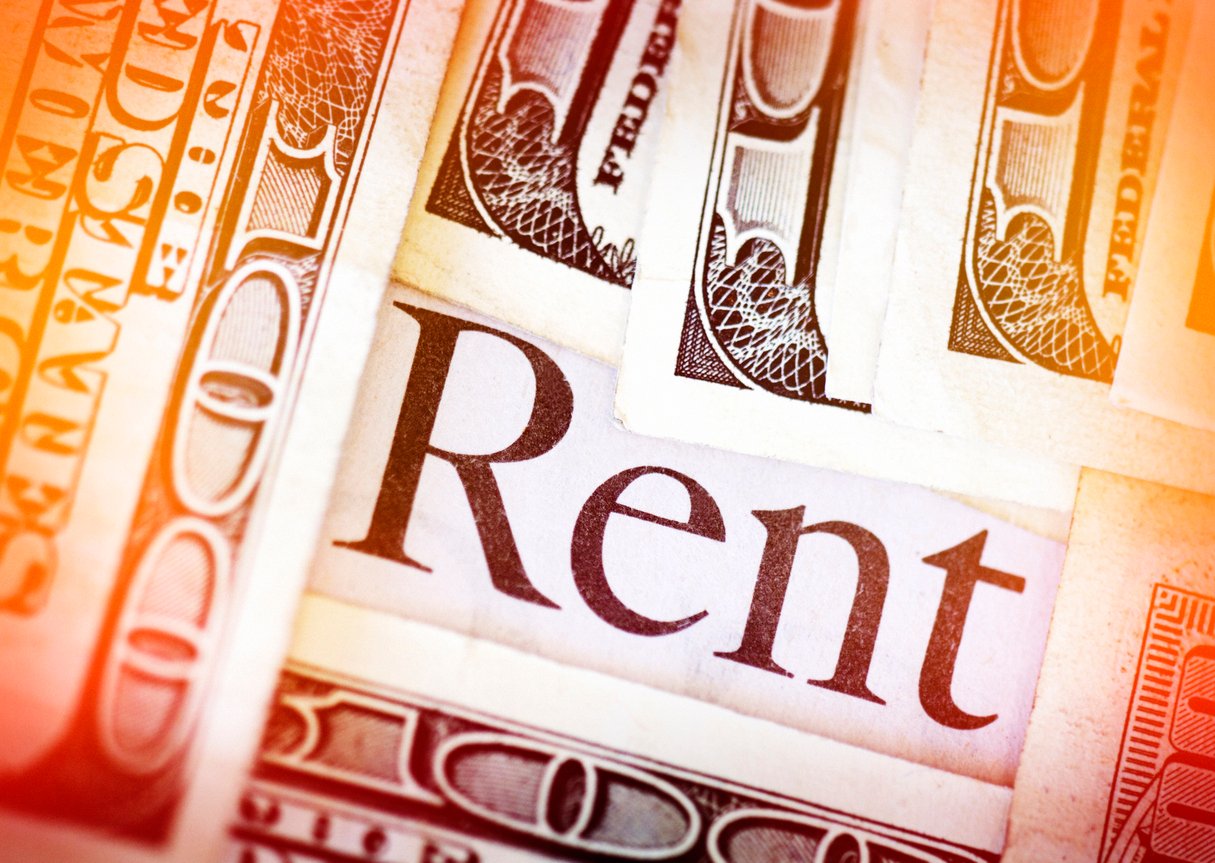Florida has officially repealed its long-standing Commercial Rent Tax (CRT), effective October 1, 2025 — a move that directly impacts industrial real estate, including flex space. For passive investors, this tax reform represents both a local advantage in Florida and a potential catalyst for broader flex space investing trends across the U.S.
What Is Flex Space and Why Is It Growing?
Flex space investing refers to properties that combine office, warehouse, and light industrial functions into one versatile space. Tenants can adapt these properties to fit their business models, making them ideal for:
- E-commerce companies seeking last-mile delivery hubs
- Trades and service providers needing both storage and customer-facing space
- Light manufacturing and specialty production businesses
With low vacancy rates and rising tenant demand, flex space has quickly become one of the most attractive alternative real estate assets for passive investors.
Why Florida’s Commercial Rent Tax Repeal Matters for Flex Space
Florida’s repeal eliminates the 2% sales tax on commercial rent, lowering tenant occupancy costs and increasing the appeal of flex space assets.
Key Benefits for Investors:
- Higher Leasing Demand – Businesses save thousands annually, making Florida industrial and flex space more competitive.
- Improved Tenant Retention – Lower occupancy costs increase profitability, reducing turnover risk.
- Potential Rent Growth – With demand surging, landlords and investors may benefit from stronger market-rate increases.
For example, a business leasing space at $10,000/month will save $2,400 annually, a meaningful incentive for growth and expansion.
Could Other States Follow Florida’s Lead?
While Florida was the only state to levy a statewide commercial rent tax, its repeal could serve as a model. If proven effective at stimulating economic growth, other states may adopt:
- Local tax abatements to attract flex and industrial tenants
- Incentives for e-commerce and logistics expansion
- Broader tax reforms favoring alternative real estate investments
This creates a long-term growth opportunity for passive investors in flex space beyond Florida.

How Passive Investors Benefit from Flex Space Investing
At QC Capital, we believe flex space is the next up-and-coming alternative asset class. Florida’s tax repeal strengthens our thesis by:
- Enhancing Cash Flow Stability – Lower tenant costs mean fewer defaults and more predictable income.
- Boosting Asset Marketability – Florida flex space becomes more attractive for relocations and expansions.
- Driving Property Appreciation – Increased leasing demand and occupancy rates push values higher.
For passive investors, this means steady distributions, inflation-resistant leases, and long-term equity growth.
Flex Space: The Next Big Alternative Real Estate Investment
Multifamily and traditional industrial have long dominated real estate syndications, but the tide is shifting. Flex space offers:
- E-commerce-driven demand for last-mile logistics
- Support for small business growth with adaptable facilities
- Supply-constrained markets that keep rents and valuations strong
With tax advantages like Florida’s repeal, flex space is positioned to be the next major frontier in passive investing.
Florida’s elimination of the Commercial Rent Tax is more than a regional tax change, it’s a signal of growing support for industrial and flex space real estate.
For passive investors, this move reinforces the value of diversifying into flex space syndications, where cash flow reliability, tenant diversity, and long-term appreciation align with investor goals.
At QC Capital, we continue to view flex space investing as one of the most compelling alternative real estate opportunities of the next decade.Contact us at info@qccapitalgroup.com to learn more about our QC Flex Space Fund


